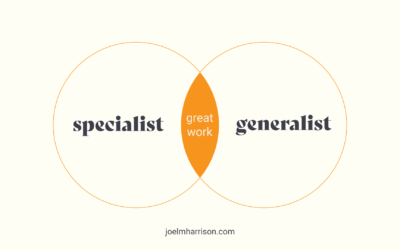What is one of the most common past-times of the last 20 years?
Checking social media. Or consuming media in general. How much? Many hours a day.
What do we so often come across in the media?
Tragedy, conflict, and danger. When we’re faced with this type of content streaming into our eyeballs and ears like a broken fire-hydrant it absorbs into the empathy part of our brain. What if that part of our brain had a finite limit to it?
Obviously this isn’t actually how the brain works – I’m not a neuroscientist and this isn’t a factual article – but to take a lesson from scientists, this is my hypothesis:
Our brains weren’t designed to handle this much empathy
Some people deal with this information in a variety of ways. The “hardened” souls might turn the other way and continue their day without as much as a click of a like button. The more emotionally sensitive might hold onto the story, keep thinking, share it with a friend, or try to actually help.
I would guess the purpose of empathy, aside from connecting human to human, is to serve as a self-preservation technique from our history. Empathy ensures we would take action to help our neighbours, and they would do the same for us.
This mechanism works fine if you live in a small community like humans used to and the empathy you feel is for someone a kilometer away. The volume of empathy events is small and dispersed and the ability to take action is at an all time high.
Ramp this up to the modern century and we essentially live in a 7 billion person community that’s blasting empathy requests at us 24/7 with virtually no action we can take to relieve it. We start filling that empathy centre of the brain with no release.
I read somewhere (maybe Wikipedia?) that we can only truly manage relationships with about 150 people. Our brains still function in this way, and we weren’t ready for the massive increase in communication, information, and empathy.
Filling up that empathy centre of the brain with no release means we could hit a breaking point. What happens at that breaking point is up to the individual.
Would I go as far as saying that this is the reason people are increasingly more anxious and depressed lately? No. Do I think it plays a significant part? Absolutely.




